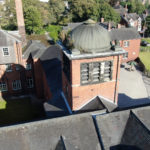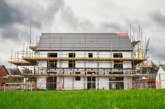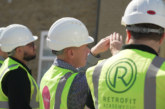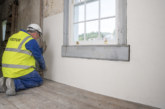A Contracts Manager for Unitas Stoke-on-Trent, a council housing repairs and maintenance company, has become a Civil Aviation Authority-trained Drone Operator.
Tony Phillips, who works for Unitas Stoke-on-Trent, holds a PfCO (Permissions for Commercial Operations) qualification issued by the CAA. Unitas has been carrying out some select surveys using the Small Unmanned Surveillance Aircraft (SUSA) to identify potential repairs to public buildings, dangerous structures and scaffolds. The company soon hopes to move onto surveying the council’s housing stock.
Drone Operator Tony Phillips said: “Not only has the use of this new technology saved us the cost and the potential risks involved in using a Work at Heights team, it has also enabled us to identify solutions and safe methods to carry out the repairs.”
The company has recently used the drone to inspect a previously erected scaffold at The Mount in Penkhull, a Grade I listed building built in 1803 by the late Josiah Spode II.
Tony added: “The drone identified repairs to the original domes and roof areas of the Grade 1 building, which were unsafe to access via the scaffold, and unreachable from alternative methods, such as mobile working platforms.”
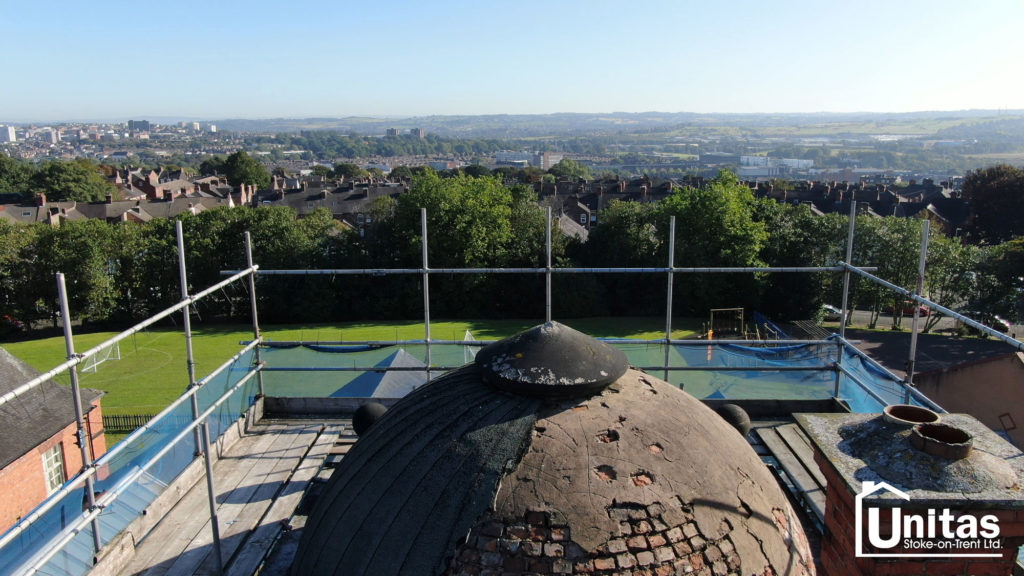
Chris Bourne, Unitas Safety, Health and Environmental Manager, said: “The bird’s eye view we get from these devices enables us to assess the extent of any damage and deterioration to features which are too lofty or difficult to access safely by ladder, scaffold or mobile platform. This is a great example of how Unitas is using innovation to drive efficiency, while at the same time reducing health and safety risks to employees and members of the public.”
Steve Wilson, Operations Director, added: “I am blown away by this new technology and so proud that Unitas can now claim to be one of the first companies in the UK to have its very own in-house drone.
“It has been recognised internationally that drone technology is here to stay and is advancing very fast. Britain’s biggest companies and insurers have all embraced the deployment of SUSA to perform aerial surveys and Unitas has shown that it will encompass technology and use it to cut risks to the safety of its staff, whilst saving money at the same time. Very impressive work.”
Each drone inspection lasts around an hour and the 4K video obtained from the onboard camera has proved to be invaluable.
In the future, Unitas plans to use the drone to gather footage of estate and environmental improvements and projects, so the company can show work before and after, and enhance Unitas’ growing reputation as an innovative company.
Councillor Joanne Powell-Beckett, Cabinet Member for Housing, said: “I am really pleased to see Unitas taking the initiative and being leaders in the use of technology to improve safety for both their workforce and residents.
“It makes perfect sense to use such state-of-the-art equipment on difficult and challenging buildings and any efficiency savings are always welcome. Well done Unitas.”
Header image shows the Grade I listed building built in 1803 by the late Josiah Spode II.

